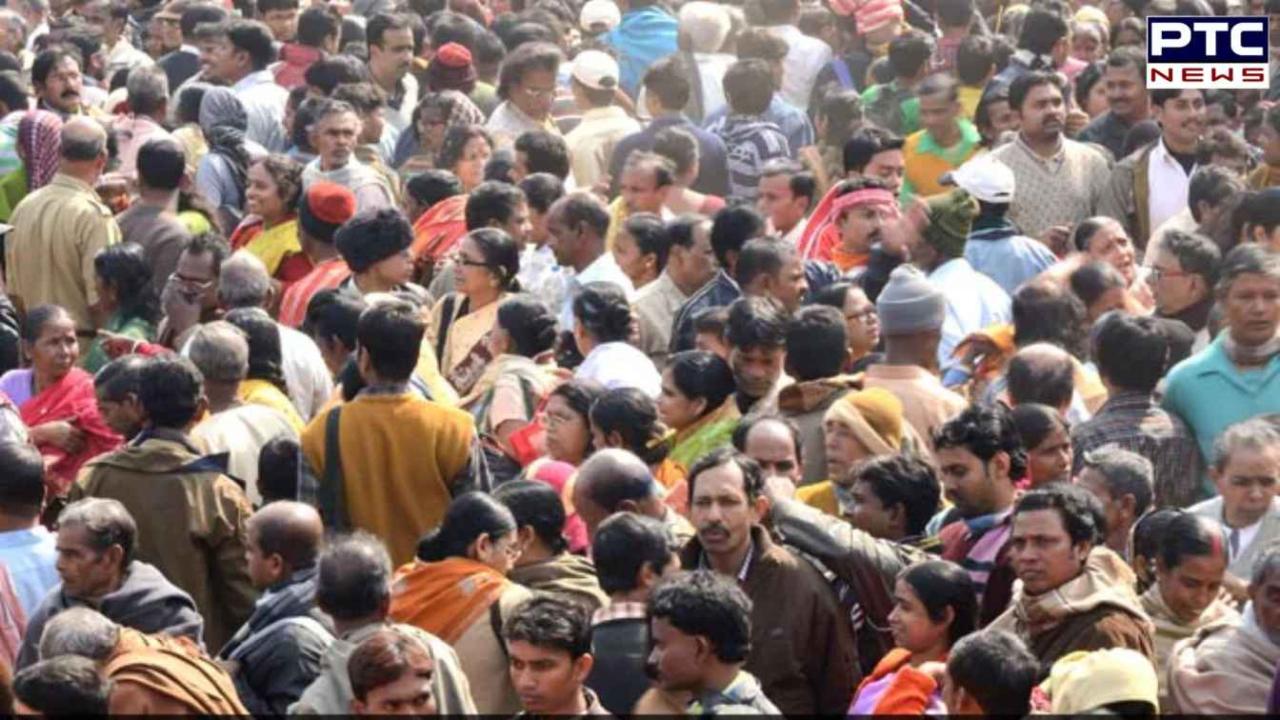

Five more languages, including Marathi and Bengali, awarded 'classical' status
PTC News Desk: In a landmark decision, the Union Cabinet announced on Thursday the conferment of "classical language" status to five additional languages: Marathi, Bengali, Pali, Prakrit, and Assamese. This significant move nearly doubles the total number of languages recognised as classical, increasing the count from six to eleven.
The languages that previously held this prestigious designation include Tamil, Sanskrit, Telugu, Kannada, Malayalam, and Odia. Tamil was the first language to be awarded this status in 2004, and Odia was the last to receive it in 2014.
The demand for classical language status for these languages has been a long-standing issue, with some requests dating back over a decade. Notably, the push for Marathi's inclusion gained momentum in 2014 when then-Maharashtra Chief Minister Prithviraj Chavan established a committee of language experts to assess the criteria for recognition. This committee concluded that Marathi met all the necessary requirements to be classified as a classical language, and its report was subsequently submitted to the central government.
In the weeks leading up to this decision, Congress General Secretary Jairam Ramesh publicly criticized Prime Minister Narendra Modi, alleging that he had been "ignoring" the call to grant classical language status to Marathi. Ramesh pointed out that during Modi's tenure, no languages had been designated as classical.
He referenced the detailed case submitted by Chavan on July 11, 2014, advocating for the recognition of Marathi as a classical Indian language, claiming that the Prime Minister had failed to act on it for nearly ten years.
The timing of this cabinet decision is particularly noteworthy, coming just before the Maharashtra Assembly elections, which may have influenced the government’s decision to address the longstanding demand.
This new designation is expected to promote the preservation and development of these languages, further enhancing their cultural significance and scholarly research opportunities..
Also Read: Centre tells Supreme Court: 'No need to criminalise marital rape'
- With inputs from agencies
